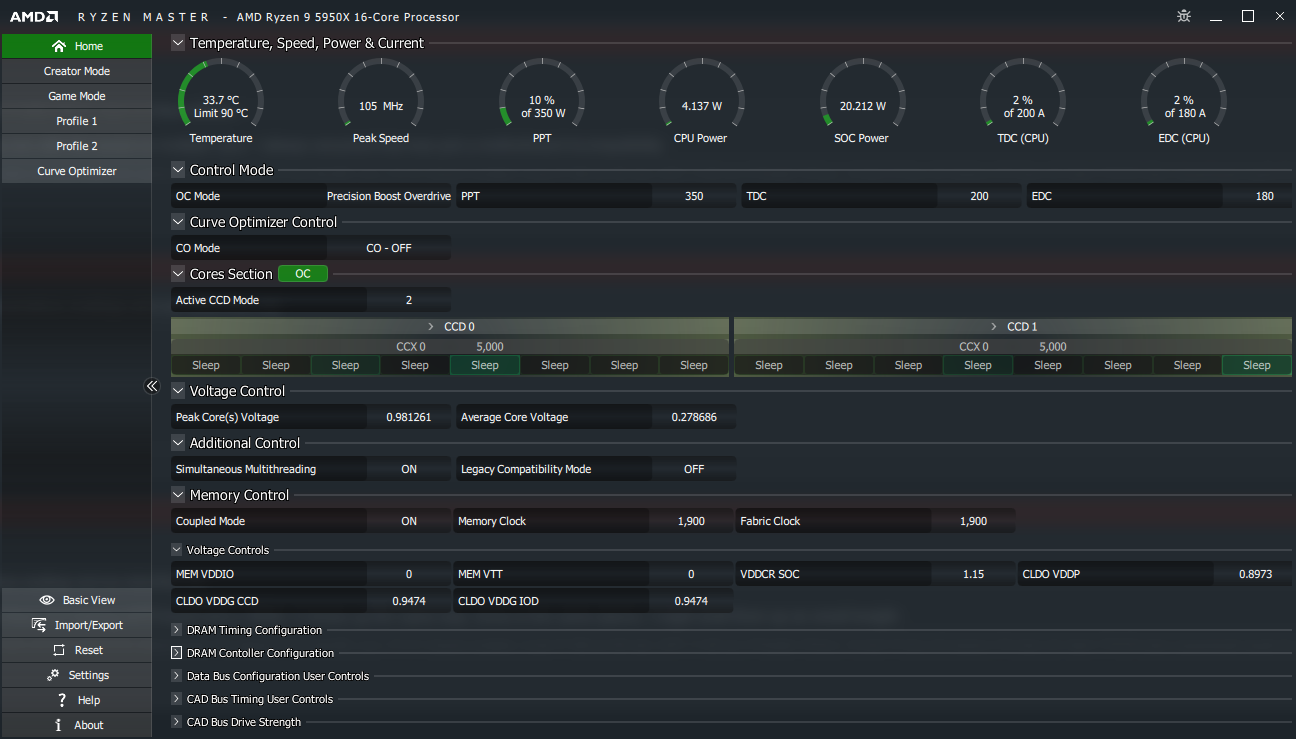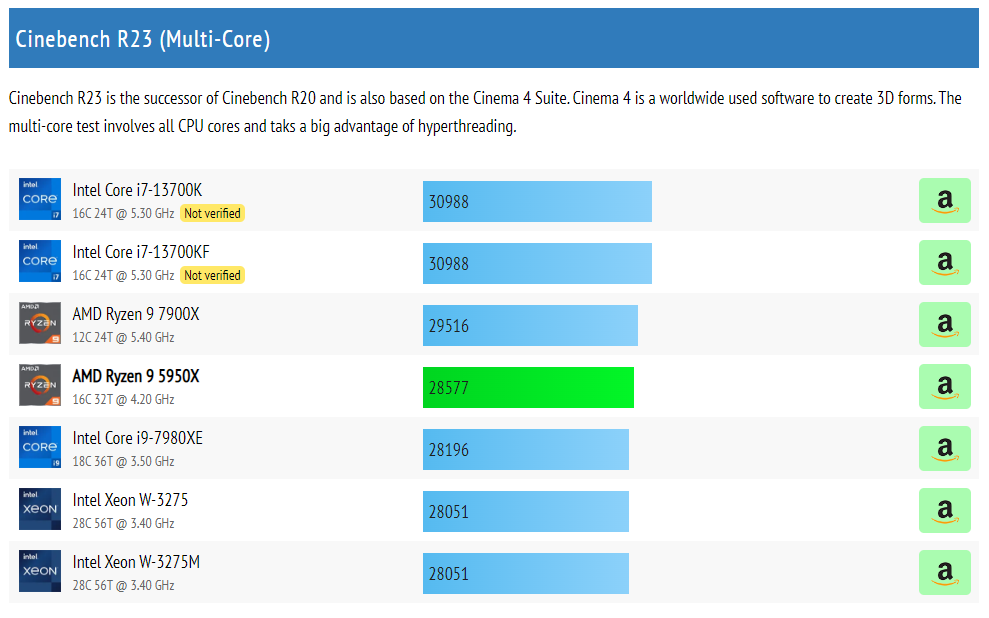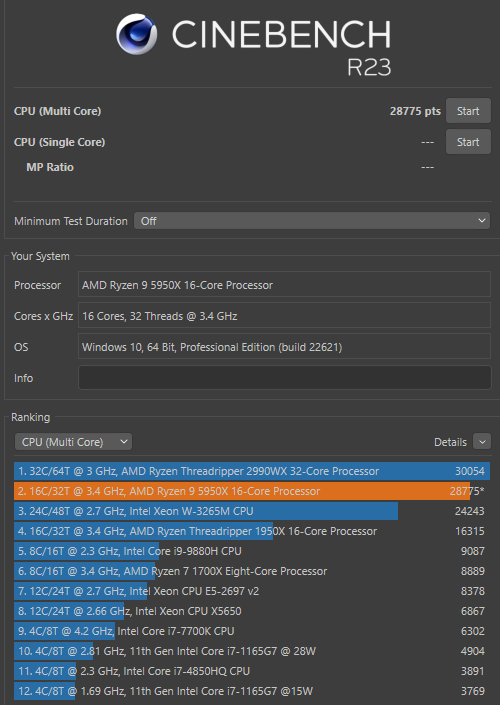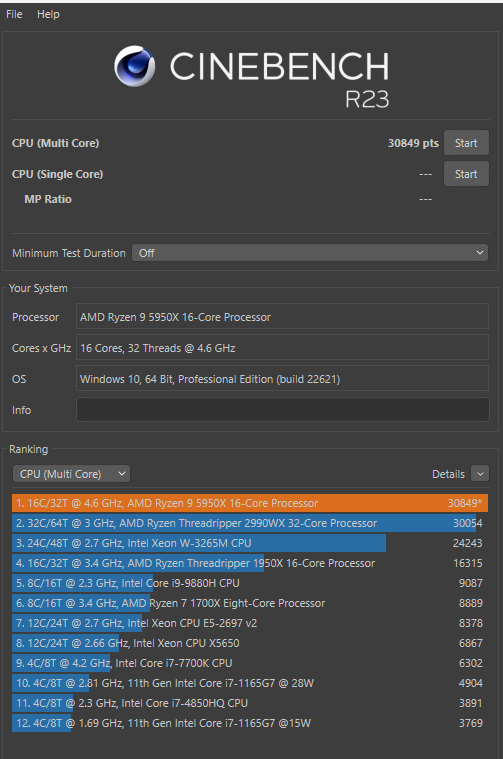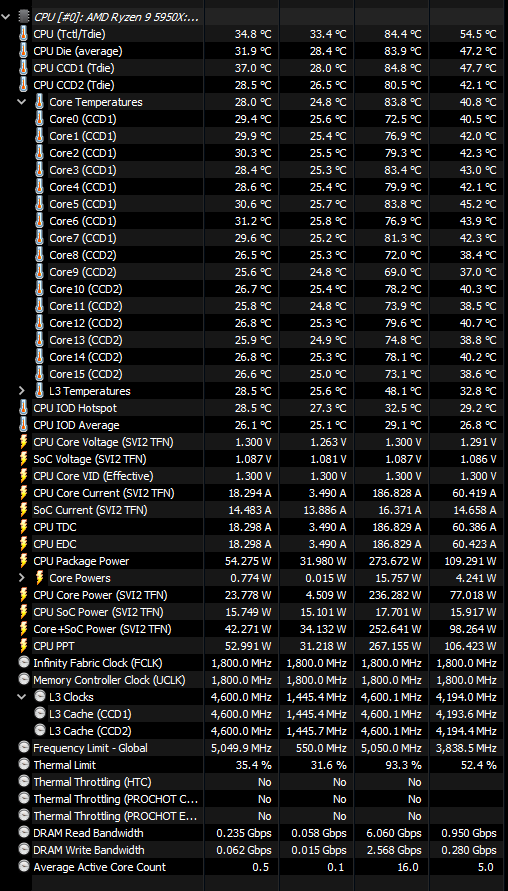kamikazi
[H]ard|Gawd
- Joined
- Jan 19, 2006
- Messages
- 1,597
And those errors have been there in Ryzen Master from day one with this board on multiple cpus. I always assumed that was just a motherboard incompatibility.You also had erroneous registers in Ryzen master which leads me to belive there's more to it than software.
![[H]ard|Forum](/styles/hardforum/xenforo/logo_dark.png)
